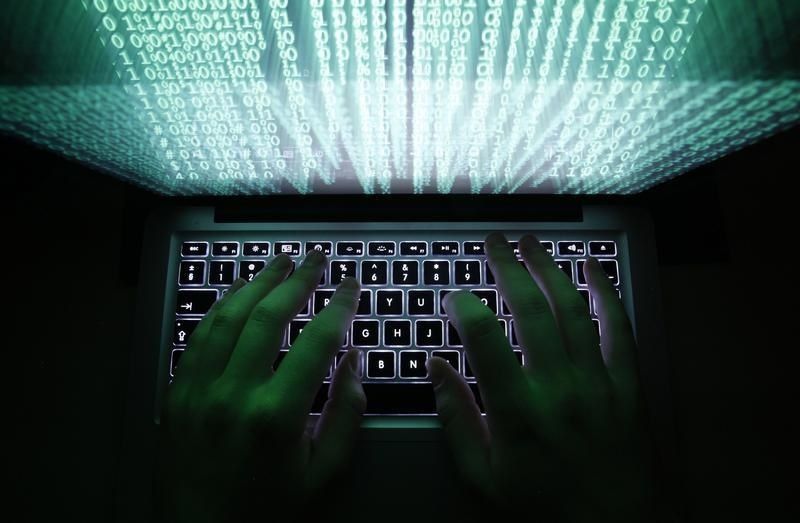Hard Numbers: Australia's cyber defenses, India bans Chinese apps, EU extends Russia sanctions, South Sudan eases a stalemate
1.3 billion: After a string of China-linked cyber-attacks against the Australian government and businesses, Australia says it will invest $1.3 billion in cyber defenses, its biggest ever cash injection to ward off cybercrime. Tensions between the two countries have been rising since Australia's prime minister demanded an investigation into China's pandemic response, prompting Beijing to slap tariffs on Australian exports.
59: Amid high tensions over their high-altitude dispute, India has banned 59 popular apps owned by Chinese firms, including TikTok, which counts India as one of its largest markets. Who will be hurt more by the move: China's officials or India's teens?
6: The EU extended economic sanctions on Russia for another six months because Moscow has still failed to adhere to its end of a ceasefire deal negotiated with Ukraine in 2015 after Russia illegally annexed the Crimean Peninsula.
8: After a stalemate over gubernatorial appointments threatened to derail South Sudan's new transitional government, the president has finally named governors to lead eight of the country's 10 states. However, discord over who should lead the Jonglei and Upper Nile areas persists, and could still undermine the country's nascent peace accord.